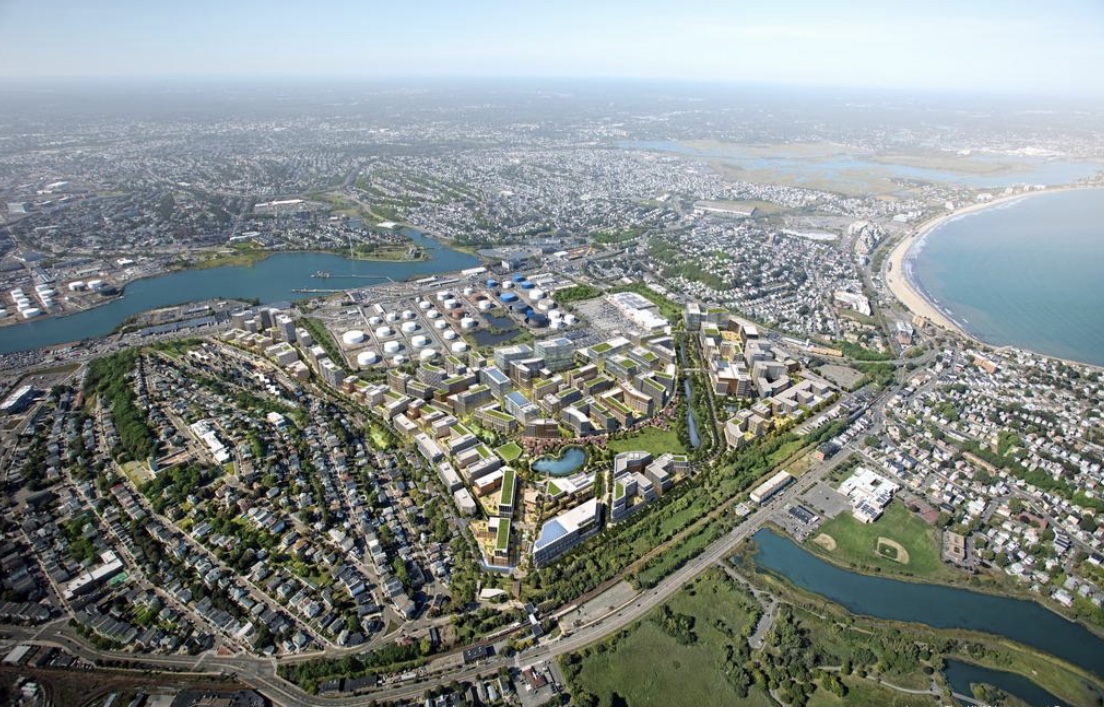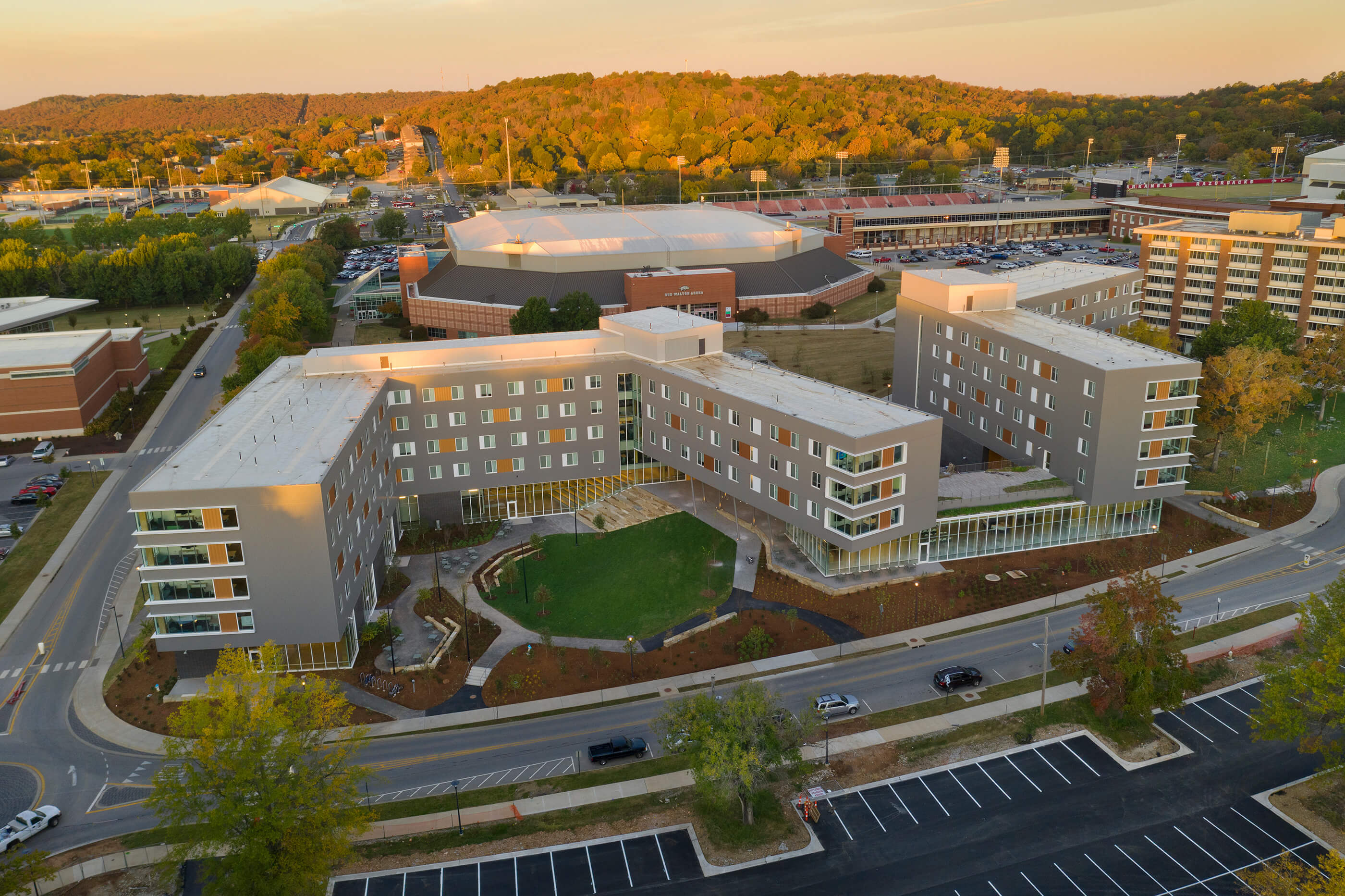whighlander
Senior Member
- Joined
- Aug 14, 2006
- Messages
- 7,812
- Reaction score
- 647
Jeff -- Brookings often finds exactly what they need to fit there thesisWhigh, Your view of Americans moving all the time is outdated. Housing costs and low wage growth/underemployment for most Americans is trapping people in place.
Brookings report from November 2019:
https://www.brookings.edu/blog/the-...d-fewer-than-10-of-americans-moved-in-a-year/
Besides that kind of bias is widespread in a field where most of the measurements are based on questionnaires and interviews -- no hard data
However -- even assuming the data was on-the-mark -- We are still experiencing the repercussions of the very long slow climb out from the Great Recession -- witness the recent low birth rate. This recent period [US as a whole] is much like the birth-dearth that gave us the "Silent Generation" in the aftermath of the Crash and the beginnings of the Great Depression. Families, couldn't afford to or just didn't trust the economy to have many children and marriage was often delayed as well. It took the end of WWII to recover the positive feeling leading to the boomers.
Anyway -- all the above is generic to the US. Boston CSA has a quite different population dynamic -- as: if they weren't moving in, well we wouldn't be growing. We can't produce a sufficient workforce just due to our existing families. The Boston / Cambridge Knowledge economy depends on an a continuing influx of young professionals [pre-family and house in the suburbs] and also a smaller cadre of senior professionals as we constantly lose mid-career young professionals to the cost of housing and general cost of living.




